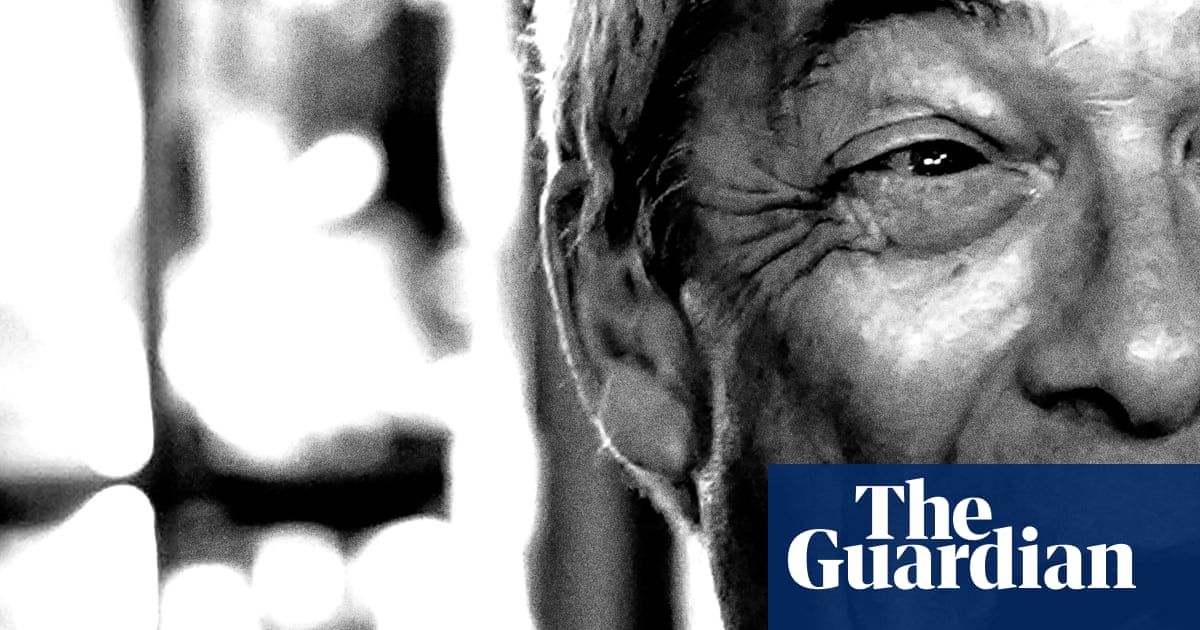Life and death; joy and sorrow, riches and poverty – Shakespeare’s comedy plays on opposites associated with the feast for which it is named. At Twelfth Night, kings do reverence to a carpenter’s child, born to suffer, die and rise again. Like Nick Park, creator of Wallace and Gromit, Shakespeare knows how to cram contemporary cultural references into a popular entertainment, packing added pleasure for those who spot them, without clogging up the plot, however complicated.
Shipwrecked twins, Viola and Sebastian, each believes the other drowned. Stranded, penniless, Viola, dressed as a boy, is employed by Duke Orsino to woo Olivia, a lady mourning her own dead brother. Viola falls in love with Orsino; Olivia falls in love with disguised Viola. Members of Olivia’s household have other marriage plans for her, which the “boy”, Viola, threatens. Then Sebastian arrives. Cue confusions and resolutions: those who were thought dead are alive; lovers are united; fortunes – and order – restored.
Director Prasanna Puwanarajah’s choice of singer-songwriter Matt Maltese to compose accompanying music and new songs is inspired. Maltese’s humorous, indie-pop style, described by one critic as “exorcis[ing] heartbreak in a playful spirit”, perfectly balances Shakespeare’s dramatic polarities – as does Michael Grady-Hall’s Feste (the “clown” or “fool”), whose singing blends ethereal and earthy in joyously melancholy harmony.

When not singing, though, Feste, like the other characters, is deprived of nuance. Puwanarajah’s concept curdles Shakespeare’s coalescence of themes into two parts, one comical, one tragical. The former is marked by crowd-pleasing, paint-by-number gag routines, the latter by the dark hues of designer James Cotterill’s Edward Gorey-inspired designs. Actors are seldom given space to convey their characters’ inner lives; when they are, they shine. Notably, the twins, Gwyneth Keyworth and Rhys Rusbatch, and Samuel West’s killjoy Malvolio, especially at the conclusion, choosing to condemn himself to joyless solitude.

.png) 3 months ago
35
3 months ago
35













































